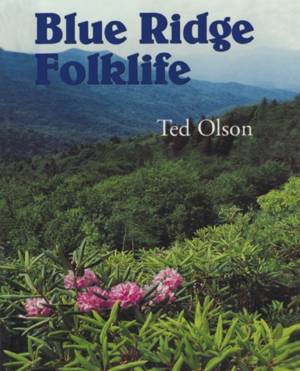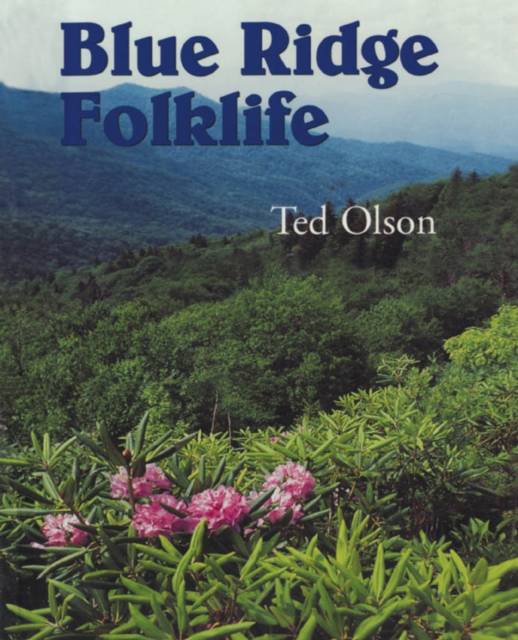
Bedankt voor het vertrouwen het afgelopen jaar! Om jou te bedanken bieden we GRATIS verzending (in België) aan op alles gedurende de hele maand januari.
- Afhalen na 1 uur in een winkel met voorraad
- In januari gratis thuislevering in België
- Ruim aanbod met 7 miljoen producten
Bedankt voor het vertrouwen het afgelopen jaar! Om jou te bedanken bieden we GRATIS verzending (in België) aan op alles gedurende de hele maand januari.
- Afhalen na 1 uur in een winkel met voorraad
- In januari gratis thuislevering in België
- Ruim aanbod met 7 miljoen producten
Zoeken
Omschrijving
In the years immediately preceding the founding of the American nation the Blue Ridge region, which stretches through large sections of Virginia and North Carolina and parts of surrounding states along the Appalachian chain, was the American frontier. In colonial times, it was settled by hardy, independent people from several cultural backgrounds that did not fit with the English-dominated society. The landless, the restless, and the rootless followed Daniel Boone, the most famous of the settlers, and pushed the frontier westward. The settlers who did not migrate to new lands became geographically isolated and politically and economically marginalized. Yet they created fulfilling lives for themselves by forging effective and oftentimes sophisticated folklife traditions, many of which endure in the region today. In 1772 the Blue Ridge was the site of the Watauga Association, often cited as the first free and democratic non-native government on the American continent. In 1780 Blue Ridge pioneers helped win the Revolutionary War for the patriots by defeating Patrick Ferguson's army of British loyalists at the Battle of Kings Mountain. When gold was discovered in the southernmost section of the Blue Ridge, America experienced its first gold rush and the subsequent tragic displacement of the region's aboriginal people. Having been spared by the coincidence of geology and topography from the more environmentally damaging manifestations of industrialization, coal mining, and dam building, the Blue Ridge region still harbors scenic natural beauty as well as vestiges of the earliest cultures of southern Appalachia. As it describes the most characteristic and significant verbal, customary, and material traditions, this fascinating, fact-filled book traces the historical development of the region's distinct folklife.
Specificaties
Betrokkenen
- Auteur(s):
- Uitgeverij:
Inhoud
- Aantal bladzijden:
- 228
- Taal:
- Engels
- Reeks:
Eigenschappen
- Productcode (EAN):
- 9781578060238
- Verschijningsdatum:
- 1/02/1998
- Uitvoering:
- Paperback
- Formaat:
- Trade paperback (VS)
- Afmetingen:
- 153 mm x 231 mm
- Gewicht:
- 385 g

Alleen bij Standaard Boekhandel
+ 118 punten op je klantenkaart van Standaard Boekhandel
Beoordelingen
We publiceren alleen reviews die voldoen aan de voorwaarden voor reviews. Bekijk onze voorwaarden voor reviews.









